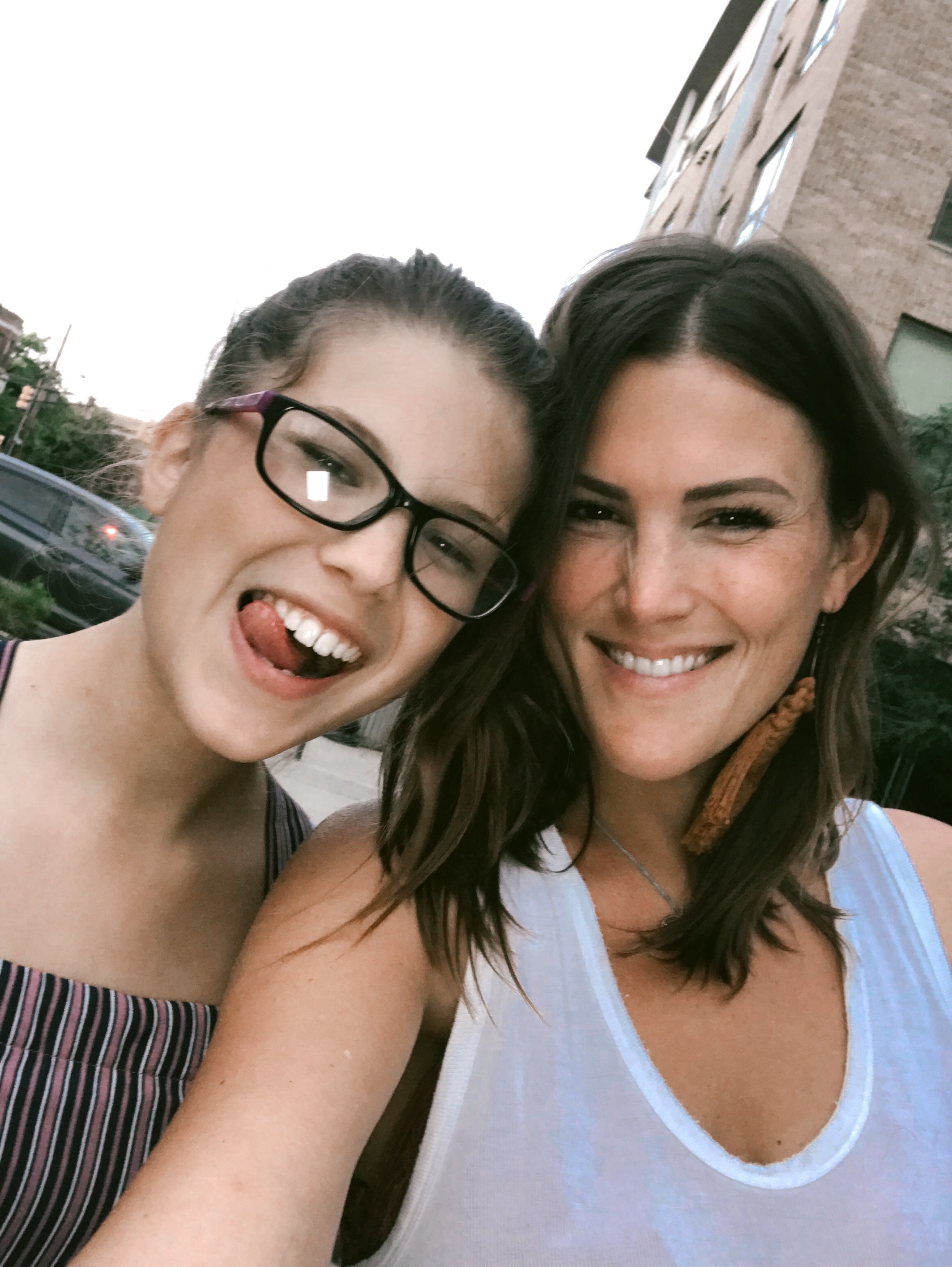I’m at the point in my mothering career where I wonder if I did a single thing right. At 14, my once delightful and precocious daughter now hovers more near the adjectives of shockingly self-absorbed and moody. I hear it’s normal. I hear, “They come back,” but I’m currently grasping at every positive glimpse of humanity she exhibits and holding it to my heart like I’m trying to save an orphaned baby bunny. Seriously, check on your friends who have teenagers. We are not ok.
The transition is rough. You go from being your child’s everything to being a peripheral player in their new social and emotional life; Which they think is the ACTUAL WHOLE WORLD. I remember that feeling, don’t you? What happens in the hallways after school is so dramatic, so life-changing. It seems there is nothing more important than what they are currently experiencing.
Psychologically, teens and adults make decisions differently. Teenagers process information with the emotional part of their brain, the amygdala. The rational part of the brain, the prefrontal cortex, doesn’t fully develop until age 25. It doesn’t matter how smart they are or what kind of grades they get, teens struggle with awareness of consequences and good judgment. So it makes sense why teenagers are moody, say things they don’t mean, and make terrible choices like slamming the door in their mother’s face. Ahem.
It’s also very common for adolescents to be self-centered. Apparently, it’s actually a critical developmental phase as they learn to separate their identity from their parents and become aware of and confident in their uniqueness. This translates into behavior that makes it painfully obvious they think they are the center of the universe. I can tell you as a parent regularly affronted with this “common behavioral phenomenon,” it seems like someone should have invented a pill by now. This needs to not be a thing.
I’ve heard it said that the only difference between teens and toddlers is their vocabulary. And boy, does it ring true. They are both prone to tantrums, hate healthy food, make you lose sleep, need boundaries, whine/complain, bore easily, embarrass you in public, grow out of their clothes in a day, are expensive, have gross bodily hygiene issues, and want to argue and debate every parental decision. I am daily baffled, frustrated, and desperate on rotation… just like I was when I was trying to parent a toddler. And as a parent who naturally runs heavy on emotions myself, it’s a wonder we have survived thus far and still say I love you every day.
About a month ago, my mom and my daughter were driving together and Sylvie was complaining about how I’m pretty much the worst mom in the world. My mom pulled over to the side of the road, looked her slightly nervous granddaughter straight in the face and asked, “Do you know without a doubt that your mother loves you?” Sylvie quietly said, “yes.”
That’s the key, isn’t it? It takes years and years to build a foundation of love with consistent communication and intentional action. I’ve drilled that truth into her heart and tattooed it on her brain her whole life. So that now as we face these next few years, there will be no question. No matter how much she thinks she hates me, she will know she is loved fiercely. No matter how strictly I discipline her, she will know she is loved relentlessly. No matter what consequences she has to face, she will know she is loved unconditionally.
She may be a total teenage horror, but at least she knows I love her. I guess I did something right, after all.










Going through this now and today i was quoting to my son your article!!-its painful!!thanks for writing exactly how i feel!!
Comments are closed.